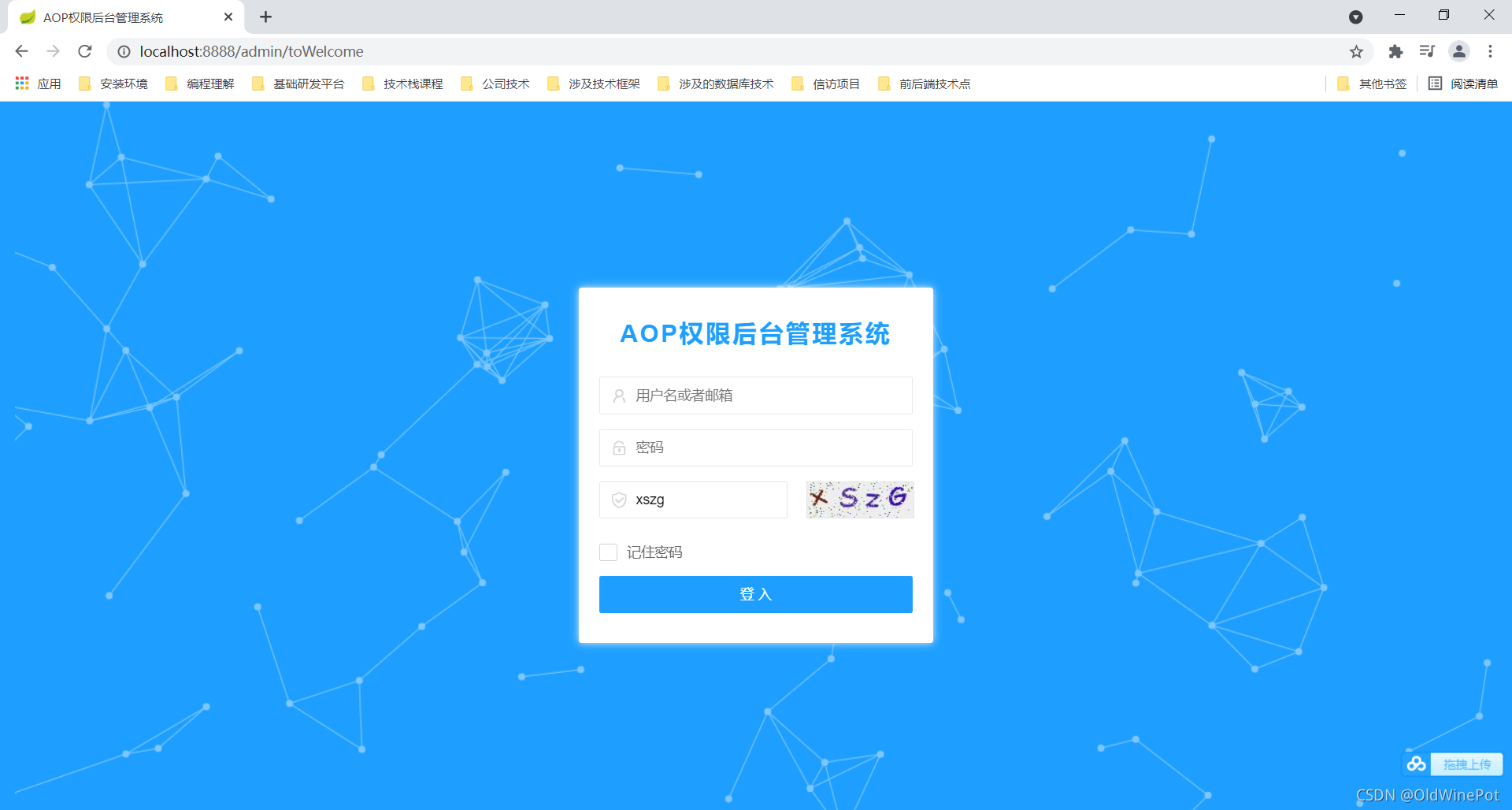介绍
这篇文章将为大家详细讲解有关使用Django怎么实现一个缓存系统,文章内容质量较高,因此小编分享给大家做个参考,希望大家阅读完这篇文章后对相关知识有一定的了解。
缓存的逻辑:
given a URL, try finding that page 拷贝,缓存
if 从而page is 拷贝,缓存:
return 从而cached 页面
其他:
generate 从而页面
,,节省,generated page 拷贝,cache (for next 时间)
,return 从而,generated 页面 Django提供了不同粒度的缓存:你可以缓存某个页面,也可以只缓存很难计算,很消耗资源的某个部分,或者直接缓存整个网站。
Django也可以和一些“下游“缓存一起协作,例如鱿鱼和基于浏览器的缓存,这些类型的缓存你不直接控制,但是你可以提供给他们站点哪部分应该被缓存和怎样被缓存(通过HTTP header)。
<强>设置缓存
中在设置的缓存中设置缓存、下面是几个可用的缓存选项:
<强> Memcached
Django目前原生支持的最快最有效的缓存系统。要使用Memcached,需要下载Memcached支持库,一般是python-memcached或者pylibmc。
然后设置后端为django.core.cache.backends.memcached.MemcachedCache(使用python-memcached时)或者django.core.cache.backends.memcached.PyLibMCCache(使用pylibmc时)。
设置位置为ip:港口或者unix:路径。例如:
CACHES =, {
,& # 39;默认# 39;:,{
& # 39;才能端# 39;:,& # 39;django.core.cache.backends.memcached.MemcachedCache& # 39;
& # 39;才能位置# 39;:,& # 39;127.0.0.1:11211& # 39;
,}
} 或者
CACHES =, {
,& # 39;默认# 39;:,{
& # 39;才能端# 39;:,& # 39;django.core.cache.backends.memcached.MemcachedCache& # 39;
& # 39;才能位置# 39;:,& # 39;unix:/tmp/memcached.sock& # 39;
,}
} 当使用pylibmc时,去掉unix:/前缀:
CACHES =, {
,& # 39;默认# 39;:,{
& # 39;才能端# 39;:,& # 39;django.core.cache.backends.memcached.PyLibMCCache& # 39;
& # 39;才能位置# 39;:,& # 39;/tmp/memcached.sock& # 39;
,}
} 还可以在多台机器上运行Memcached进程,程序将会把这组机器当作一个单独的缓存,而不需要在每台机器上复制缓存值:
CACHES =, {
,& # 39;默认# 39;:,{
& # 39;才能端# 39;:,& # 39;django.core.cache.backends.memcached.MemcachedCache& # 39;
& # 39;才能位置# 39;:,
,,& # 39;172.19.26.240:11211& # 39;
,,& # 39;172.19.26.242:11212& # 39;
,,& # 39;172.19.26.244:11213& # 39;
,,)
,}
} 由于Memcached是基于内存的缓存,数据只存储在内存中,如果服务器死机的话数据会丢失,所以不要把内存缓存作为唯一的数据存储方法。
<强>数据库缓存
Django也可以把缓存数据存储在数据库中。
CACHES =, {
,& # 39;默认# 39;:,{
& # 39;才能端# 39;:,& # 39;django.core.cache.backends.db.DatabaseCache& # 39;
& # 39;才能位置# 39;:,& # 39;my_cache_table& # 39;
,}
} 位置为数据库中表的名字,任意起,在数据库中未被使用过即可以。
创建缓存表:
python manage.py createcachetable 使用多数据库时,也需要为缓存表写路由器:
class CacheRouter(对象):
,“““A router 用control all database cache operations"““
,
,def db_for_read(自我,,模型,,* *提示):
“才能All cache read operations go 用,replica"
if 才能;model._meta.app_label ==, & # 39; django_cache& # 39;:
,,return & # 39; cache_replica& # 39;
return 才能;没有
,
,def db_for_write(自我,,模型,,* *提示):
“才能All cache write operations go 用primary"
if 才能;model._meta.app_label ==, & # 39; django_cache& # 39;:
,,return & # 39; cache_primary& # 39;
return 才能;没有
,
,def allow_migrate (db,自我,还以为,app_label, model_name=没有,,* *提示):
“才能Only install 从而cache model 提醒primary"
if 才能;app_label ==, & # 39; django_cache& # 39;:
,,return db ==, & # 39; cache_primary& # 39;
return 才能;没有 <强>文件系统缓存





